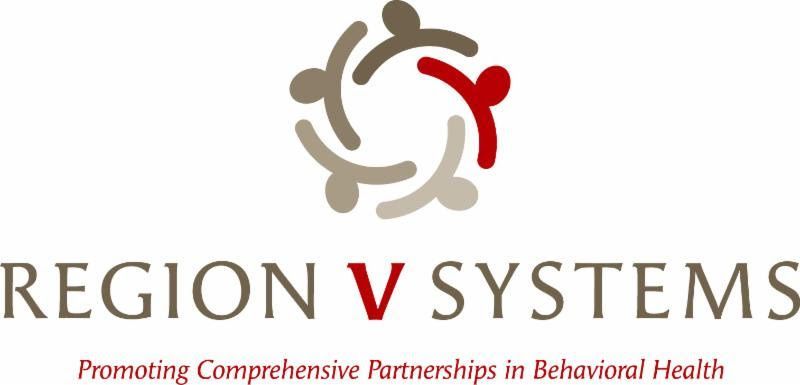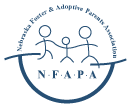Virtual Youth Mental Health First Aid

You are more likely to encounter someone - friend, family member, student, neighbor, or member of the community - in an emotional or mental crisis than someone having a heart attack. Youth Mental Health First Aid teaches a 5-step action plan to offer initial help to young people showing signs of a mental illness or crisis, and connect them with the appropriate professional, peer, social, or self help care.
Anyone can take the Youth Mental Health First Aid course, but it is ideally designed for adults who work with young people, ages 12-18, including teachers, coaches, leaders of faith communities, social workers, and other caring citizens.
The MHFA Virtual Course is comprised of two parts:
MHFA Self-Paced Introduction: The first portion of the course is to be completed online through MHFA Connect.
MHFA Skills Application: The second portion of the course is taught virtually by a certified MHFA Instructor and focuses on how to apply the MHFA skills.
You must complete the MHFA Self-Paced Introduction (approximately 2 hours) before attending the MHFA Skills Application (approximately 6 hours) portion of the course.
Please keep an eye on your junk mail for emails from Mental Health First Aid or directly from your trainers with information on how to complete your MHFA Self-Paced Introduction.
If you are unable to complete the MHFA Self-Paced Introduction, or virtually attend the MHFA Skills Application portion of the course, please inform Kayla Leintz at Region V Systems (kleintz@region5systems.net) so your designated spot can be canceled.
3 Reasons to become a Mental Health First Aider
To be prepared: just as you learn CPR, learn how to help in a mental health crisis.
You care: be there for a friend, family member, or colleague.
You can help: people with mental illnesses often suffer alone.
Learning Objectives
Participants will:
Recognize the potential risk factors and warning signs for a range of mental health concerns.
Obtain information on: depression, anxiety, trauma, psychosis and psychotic disorders, substance use disorders, and self-injury.
Use a 5-step action plan to help an individual in crisis connect with appropriate professional help.
Interpret the prevalence of various mental health disorders in the U.S. and the need for reduced negative attitudes in their communities.
Apply knowledge of the evidence-based professional, peer, social, and self-help resources available to help someone with a mental health problem treat and manage the problem and achieve recovery.
Who Should Attend
The course helps anyone who wants to learn how to provide initial help to someone who may be experiencing symptoms of a mental illness or in crisis. The course gives people tools to help friends, family members, colleagues, or others in their community.
Behavioral healthcare providers
Therapists
Social workers
Substance abuse professionals
School personnel
College/university personnel
Law enforcement
Community members
Human resources professionals
Nurses/physician assistants/primary care workers
Policy makers
Public safety personnel
Members of faith communities
Social services staff and volunteers
THERE IS NO CHARGE FOR THIS TRAINING BUT YOU MUST REGISTER TO ATTEND
Virtual spots are limited to the first 25 to respond, so please register early.
A certificate of completion will be presented following the completion of the training course evaluation which can be used to seek approval for the State of Nebraska Continuing Education Units for LMHP, LIMHP, LMFT, Social Work and Professional Counseling.



